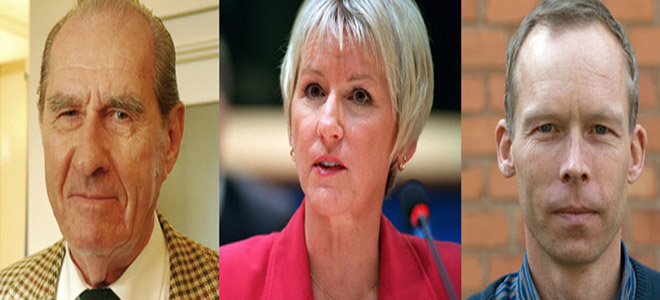
Last Friday, Björn-Ola Linnér and Roger Pielke, Jr. had an op-ed in the Swedish newspaper Dagens Nyheter that discussed the role of experts in politics. They argue that, “a commitment to democratic governance means accepting that power rests with the people, and not the experts.” An English translation appears below, courtesy Björn-Ola Linnér.
On Thursday, the Intergovernmental Panel on Climate Change presented the first of four assessments, this one taking stock of the physical science of the climate system. The report’s reception and promotion highlights challenges that arise when expertise meets politics.
The temptation to use the conclusions to forward different political agendas will be abundant. And rightly so, the initial idea behind the IPCC report was to provide an assessment of science that could be used by policy makers. This is clearly not a problem when politicians, activists, or lobbyists use the report in an open debate on how to address climate change. We should expect advocates to pick and choose among the report’s findings to find those bits that fit best with their agenda. That is how interests operate in democracies.
We see, however, for us, a worrying tendency among some scientists to use climate and other environmental science reports to advocate for more authoritarian political systems and call for an emergency order by emphasizing the worst-case scenarios of these reports as a “trump card” in political debates. Read more…

